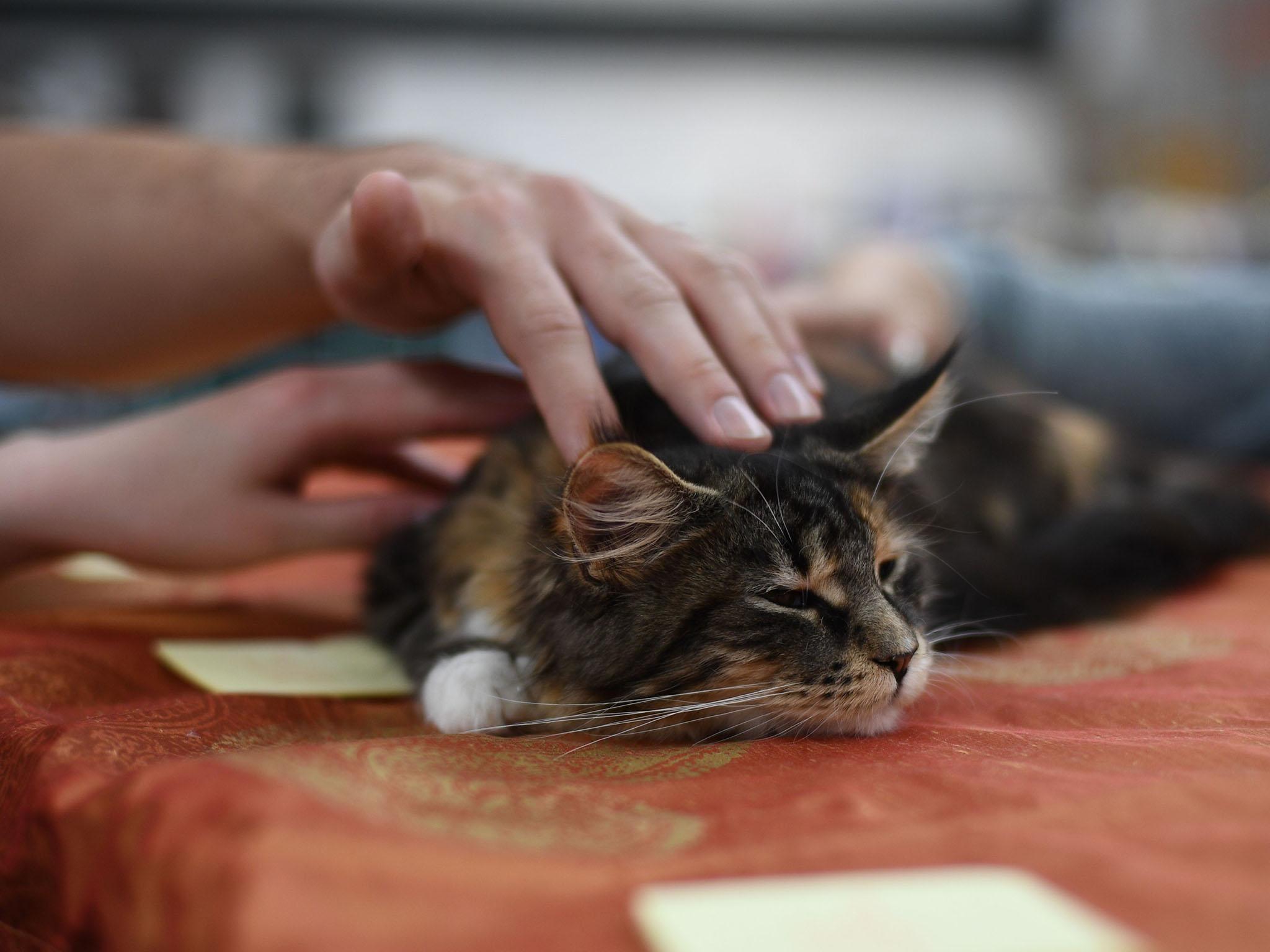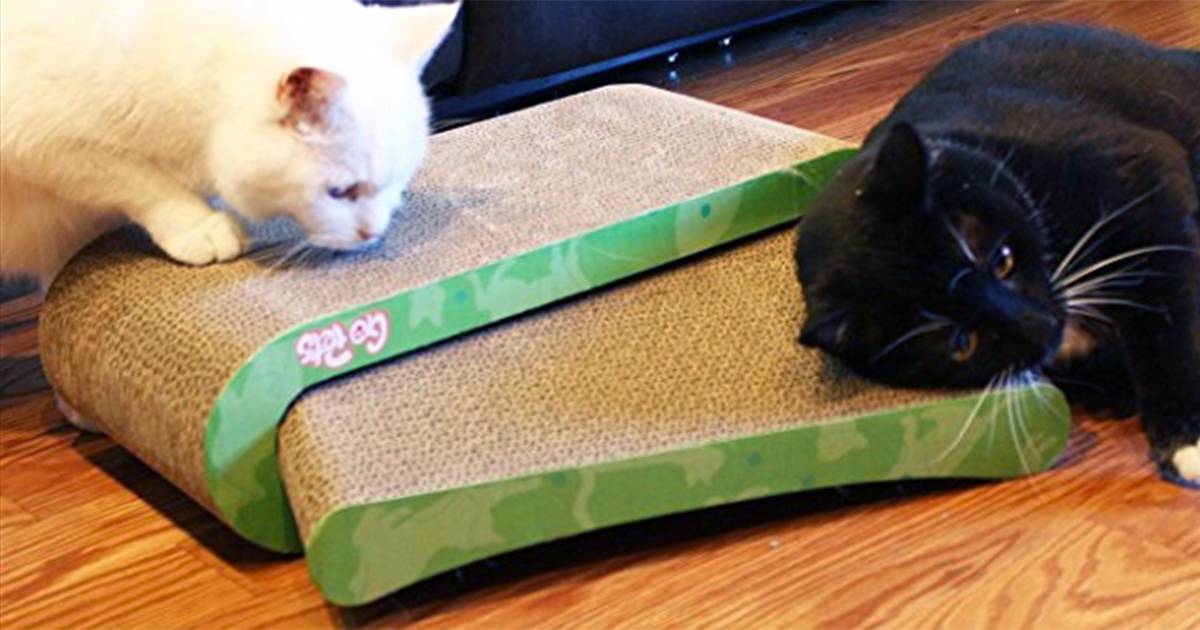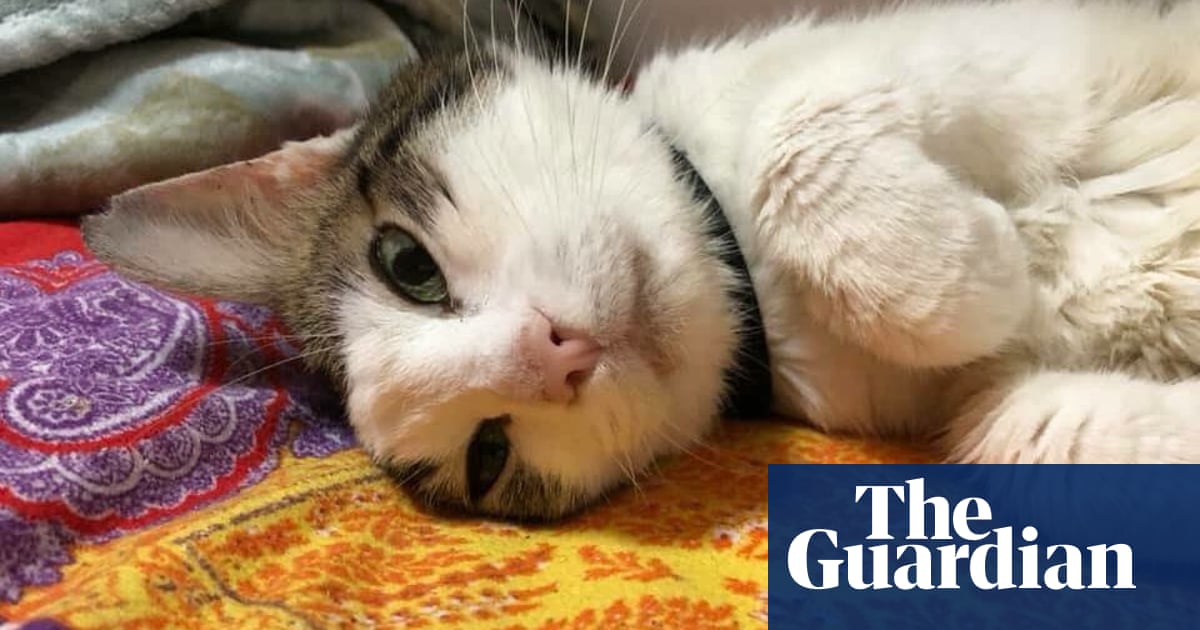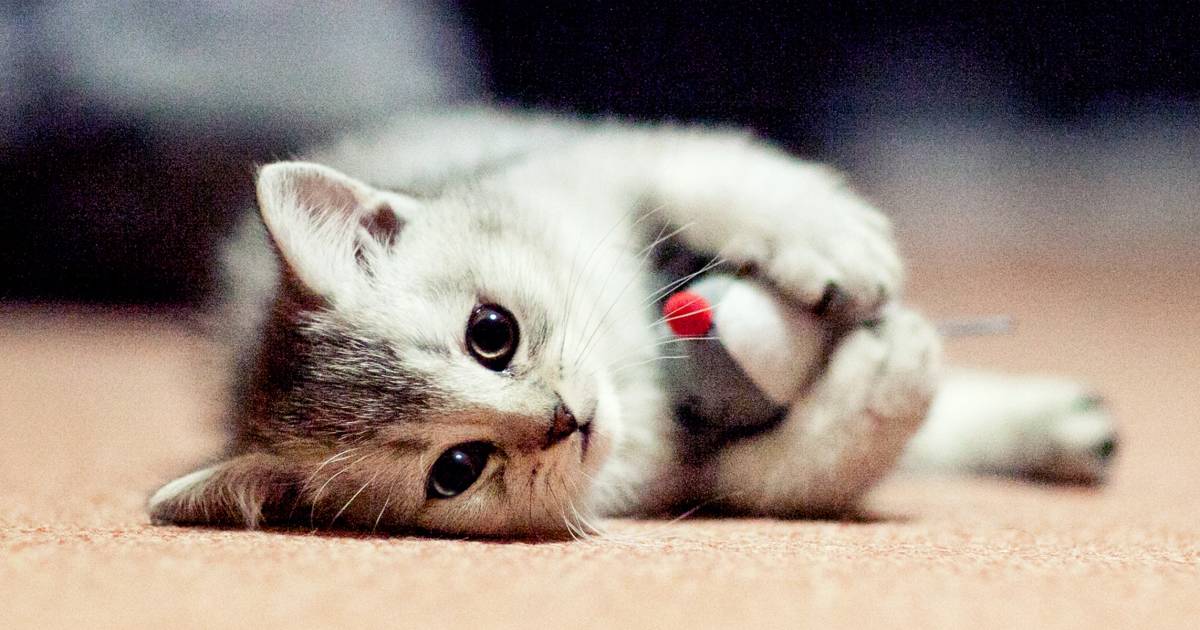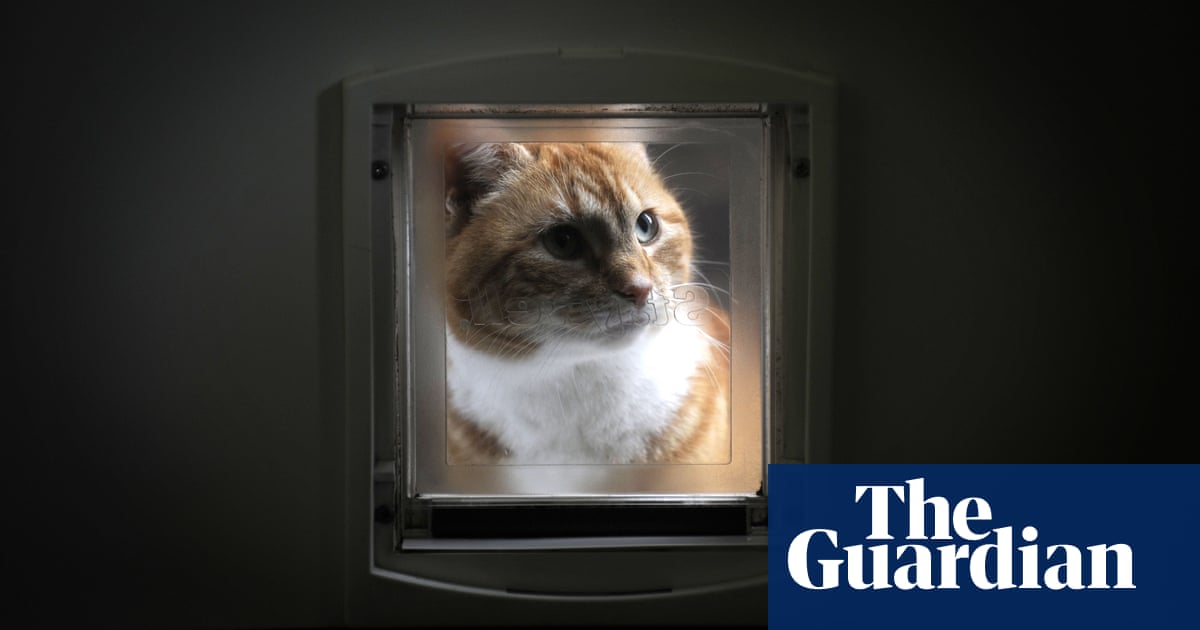How to make a birthday cake for your cat1:18

Tristan Lutze and his cat Rex show us how to make a birthday cake your cat will love.

No, your cat doesn’t really hate you.Source:istock
A COUPLE of years ago, my husband and I returned home from our longest-ever holiday — it was a bit over three weeks. Our cat Butters seemed over the moon to see us again and fussed around at our feet. We went to sleep that night with her purring contentedly at the foot of our bed.
My husband woke up the next morning to see Butters eyeballing him from the chair in the corner of the bedroom. And then he smelled it. The poo that was balancing precariously on the doona, right above his toes.
She hated us for leaving her and spent the night plotting her naughtiest act of revenge. Right?
Nope. Not according to Australia’s veritable cat whisperer, Dr Kim Kendall.
“There’s no such thing as a naughty cat,” said Dr Kendall, who is an Applied Cat Behaviourist and opened Sydney’s first cat-only clinic 23 years ago.
“What she’s telling you is that you are being completely unreliable and she has learnt to live without you.”
Ouch.
However Dr Kendall believes that the poop also had a purpose that was actually rather sweet.
“You’ve come back smelling of something else, so your cat wanted to make you smell like her the fastest she knew how. The fact that she pooed in your bed while you were in it signals a really high level of distress.”

Butters the naughty kitty.Source:Supplied
CHANGE THE ENVIRONMENT, NOT YOUR CAT
Dr Kendall said that many of the physical symptoms and problem behaviours she sees in cats are caused by underlying issues relating to the way they’re being looked after. As any cat owner knows, cats are particular creatures.
“It’s all about creating the right environment for them. A cat not using a litter tray is never a mistake — it’s a signal of distress.”
Take my friend Justine’s cat, who does a protest pee on a particular spot on the carpet if Justine returns home past her cat’s dinner time, or if she simply watches TV instead of playing with her. Isn’t that just plain naughty?
“The cat feels that its owner is unreliable; that its environment is unreliable. There is no such thing as a naughty cat, just in the same way that no toddler is naughty. It’s a concept that took me a long time to discover. All cats are is reactive — they don’t have enough brain power to think ahead and be naughty.”
She says essentially, “cats do what they think they have to do to get the resources they need”.
For some cats, that includes human affection as well as the basic things they need to survive — food (plenty of it), shelter and water. However some owners may be smothering their cat with love — if your cat doesn’t seem too enthusiastic, it’s better to back off.
“Sometimes people overwhelm their cat with affection,” Dr Kendall said.
“You have to be polite and ask permission to get close. And never stare in their eyes. We don’t stare into peoples’ eyes. It’s just rude.”
DOES YOUR CAT SECRETLY HATE YOU?
But rest assured that your cat doesn’t secretly hate you. Well, at least not secretly.
“Dogs and horses have learnt to lie, but not cats. If they don’t like you, you just won’t see them. But do they hold a grudge? Absolutely,” Dr Kendall said.
She said that one of her feline patients and a regular boarder hated her for 13 years after she clipped his claws as a kitten.
“I’d done something that he didn’t want me to do. He’d hiss at me every single time I walked past him,” she said.
SO WHAT DOES YOUR CAT REALLY THINK OF YOU?
Unlike dogs, who look to humans for guidance and are trapped in ‘neoteny,’ a permanent state of babyhood, cats are rather more cutting when it comes to judging their owners.
“Cats think of humans as incompetent cats. To them we’re very clumsy and lack skills. Unlike dogs, cats don’t have concepts of hierarchy or submission. The fact that they bring you mice is because they see you as incompetent, as unable to catch one yourself.”
AUSSIE CATS ARE DIFFERENT
Dr Kendall fell into working with cats partly by accident. After graduating with a veterinary degree in Sydney in 1982, she’d initially wanted to become an elephant vet.
“I went round the world looking for that type of work but there wasn’t enough of it to make a sensible living. So I went into small animals. Then I noticed that a sick cat was a dead cat. We just didn’t know enough, so I started asking questions.”
Dr Kendall spent years honing her skills at feline specialist practices in the US and the UK.
“I got to know more and more and I could tell problems earlier and earlier. I had some success looking after cats — everyone else in the practice started sending me their cats.”

Dr Kim Kendall with her cat.Source:Supplied
When Dr Kendall returned to Australia and opened the Cat Clinic in 1994, she started to notice that Aussie cats were different from their American and English counterparts, prompting her to “relearn a lot of my medicine.”
“Australian cats are headstrong. They are tougher characters,” she explained.
“In America and England they have maintained the domestic cat that likes people, while here in Australia our domestic cats have often been brought in from being strays. Strays have to take care of themselves most of the time. I think it’s changed their wiring.”
It’s not that Australian cats are less loving per se — often they just need a bit more coaxing.
“Once you get their attention and affection they are all over you like a rash. I just think Australian cats are a little more reticent,” Dr Kendall said.
According to her research, Australian cats are also bigger than American and British cats, with an average weight of around 5.5 kilograms compared with 4.5 kilograms.
Aussie cats are also up for a rumble, she says.
“In the 12 years I spent in England, I can’t remember a single time that I saw a cat’s eye having been scratched by another cat. In Australia, cats go for the eyes — we see it quite often. It’s a different style of fighting.”

Aussie cats are more vicious than American and British cats.Source:istock
MYTH BUSTING: CATS AREN’T LAZY
One of the biggest myths about cats is that they’re lazy. It’s easy to point the finger at them as they spend up to 16 hours a day snoozing.
“Why do cats sleep so much? It’s one of evolution’s interesting questions. It’s actually an energy conservation strategy. One mouse has 30 calories and a cat needs to catch 10 mice a day to reach their energy requirements. Studies have shown that the effort of catching a mouse costs them 25 calories, which only leaves a windfall of about 50 calories a day to do everything else — to make babies, groom themselves and play.”
It sounds as though we should less judgy of our cats’ lazy ways.
Oh, and happy International Cat Day!
Jessica Mudditt is a Sydney-based journalist and writer. You can see more from her on or Instagram.







